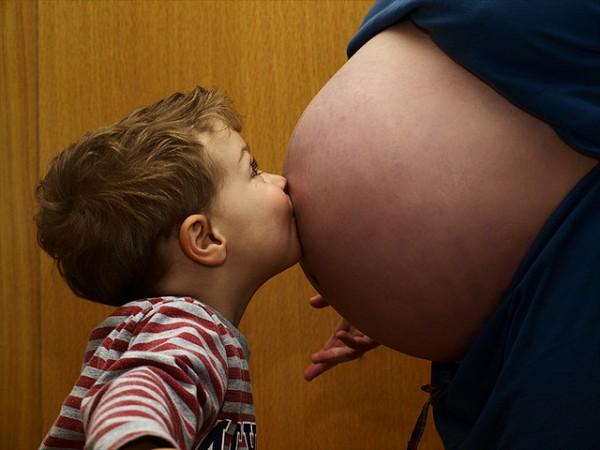
Giving birth to the first baby via Caesarean section (C- section) can pose risk to subsequent pregnancies, a new study says.
Researchers from Ireland and Denmark found that C-section led to poor pregnancy and birth outcomes including ectopic pregnancy and stillbirth.
Ectopic pregnancies or tubal pregnancies occur when the egg implants and develops in the fallopian tubes. It can put a mother's life in danger as the foetus growth will make the tube to burst, leading to severe bleeding. This has symptoms similar to normal pregnancy and is pretty tough to diagnose early.
Stillbirth is the death of a foetus inside the uterus, after 20 weeks of pregnancy. According to the 'Still Born Still Loved' organisation, every year nearly three million babies are stillborn across the world.
The study looked at 8,32,996 women part of the Danish national registers. Researchers noted information about the women, the type of birth they had opted for their first baby and prevalence of complications in the second pregnancy. At the end of the study, researchers found solid evidence to show that C-section birth increased the risk of several adverse pregnancy and birth outcomes. Women who had their first baby via C-section had 14 percent increased risk of having a stillbirth and nine percent greater risk of having an ectopic pregnancy in their next pregnancy.
However, the authors asked expecting moms not to get panic as the overall risk is very low. "The findings of the current study are particularly important for expectant mothers as well as healthcare professionals as Caesarean section rates are increasing significantly worldwide," researcher Louise Kenny, said in a news release. "Whilst we showed that a previous Caesarean section is associated with a subsequent stillbirth and ectopic pregnancy, the overall risk of either is very low."
Findings of the study, reported in PLoS Medicine, come at a time when C-section has emerged as one of the favorite methods of giving birth all over the world. Though C-sections were more used in complicated pregnancies earlier, these days, a significant number of women opt it for convenience or due to their fear for the natural birth process. However, health practitioners always recommend natural birth over C-section for healthy women as recovery takes longer for C-section than vaginal birth.
Additionally, previous research has exposed several hidden risks associated with Caesarean birth. Studies have linked the procedure to obesity and allergies in children. Studies have also linked natural birth to improved intelligence in children.







!['Lip lock, pressure, pyaar': Vidya Balan- Pratik Gandhi shine in non-judgmental infidelity romcom Do Aur Do Pyaar [ Review]](https://data1.ibtimes.co.in/en/full/797104/lip-lock-pressure-pyaar-vidya-balan-pratik-gandhi-shine-non-judgmental-infidelity-romcom.jpg?w=220&h=138)








